Blog
Alcohol, depression and anxiety

But not long after, he says he realized drinking caused him to sink further into depression. There are 3 types of loneliness i.e. situational loneliness, developmental loneliness and internal loneliness 14. Your primary care provider can refer you to a therapist, but you can also try directories, such as this one through does alcohol make depression worse Psychology Today. Taking action to manage negative emotions as you experience them can help keep them from getting too overwhelming. According to the National Institute on Alcohol Abuse and Alcoholism, moderate drinking means one drink per day for women and two drinks per day for men.
- According to the researchers, the findings suggest depression should be thought of as a “whole body” condition, given its significant connections to other aspects of physical health.
- This seems to suggest that the others had feelings of depression that resolved when they stopped their drinking habit.
- This highlights the importance of understanding the alcohol and depression relationship.
- We at The Stop Drinking Expert provide effective solutions to quit drinking.
- When someone has symptoms of depression and alcoholism, doctors can do a great deal to make things better.
Quality Care
More research is required before an adequate answer can be produced. If you binge drink alcohol, your depression and anxiety may also worsen. Binge drinking is when you drink a lot of alcohol in one day — more than 8 units of alcohol per day for men and more than 6 units of alcohol per day for women, with 1 unit of alcohol being equal to half a pint. Substance-induced depression is different from major depressive disorder and, by definition, should improve once a person stops consuming substances (such as alcohol). Alcohol consumption can lead to feelings of depression due to chemical reactions. In the short term, drinking alcohol can make you feel good, sociable, and even euphoric.
“The next day, I always felt horrible.”
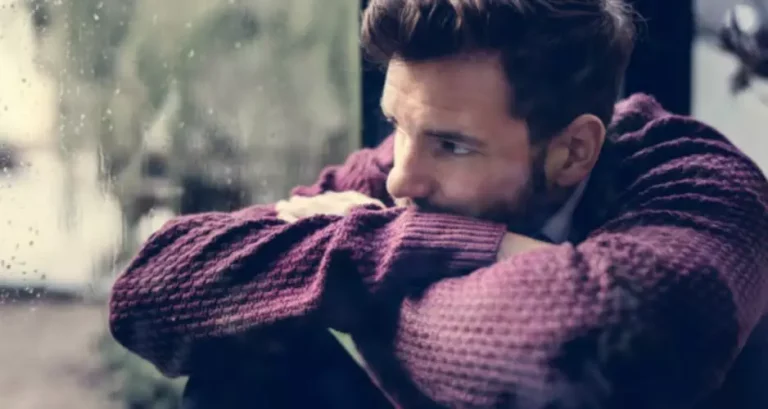
If you suspect you’re using alcohol to cope with depression, or that alcohol use might contribute to your depression, a good next step involves reaching out to a professional for guidance. “Eventually I realized I might get drunk and act on those suicidal thoughts and that scared me. I decided I would never drink again for the rest of my life,” she says. “Initially, it seemed like a magic potion — the cure for my depression,” he says.
- People with depression frequently lose interest in activities that once brought them joy like hobbies and social events.
- You might feel depressed after drinking because alcohol itself is a depressant.
- For those who develop depression before alcoholism, they may be able to point to a time in which they were feeling low, upset, or hopeless before they began drinking to make things better.
- Plus, many of the lifestyle modifications you might take on to treat depression often dovetail with those that improve your physical health, Guthrie added.
- Breaking free from the cycle of ‘alcohol and depression’ requires a multifaceted approach.
- People with a history of depression are more likely to develop a host of physical health issues—and get them at a faster rate—compared to those who don’t live with the mental health disorder, a new study suggests.
Alcohol and Depression
But clinical depression isn’t just a matter of feeling the occasional ups and downs or periodic sadness caused by issues of daily life. But quitting alcohol can also result in loneliness for many people due to factors such as decreased social opportunities and strained relationships. Some people who have become used to heavy and regular alcohol drinking may experience severe or even life threatening symptoms when reducing or quitting. For some people, drinking alcohol is a big part of many social situations.
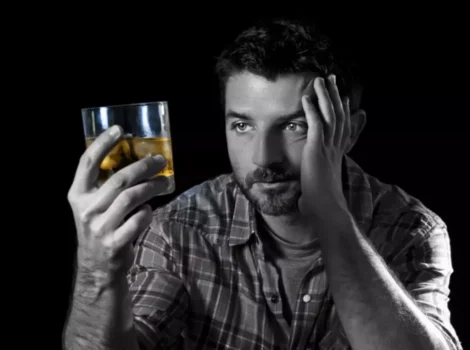
Tips for a high-quality, longer life
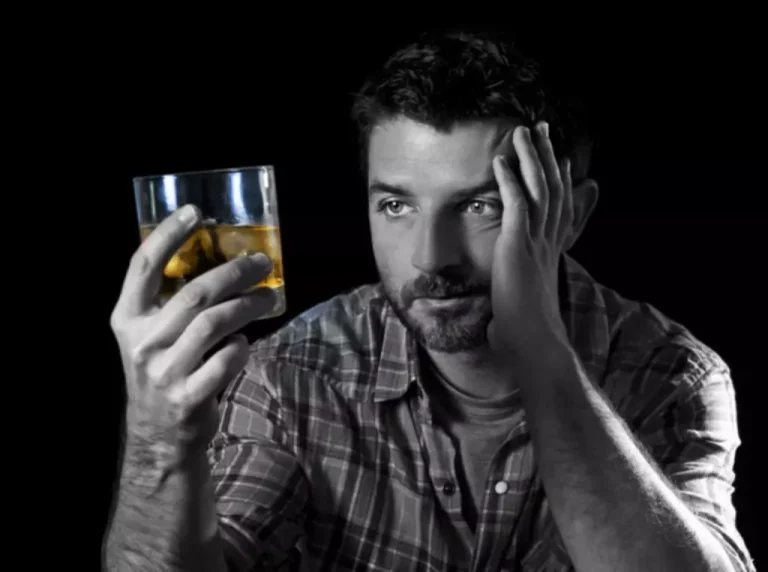
Not helping matters is the fact that heavy drinking has increased in recent years, largely due to the coronavirus pandemic. They may need support from the people they love to get better, but their depression can make communicating with others difficult. Research like this suggests that alcohol abuse is responsible for at least some episodes of depression. On average, an alcoholic who doesn’t stop drinking can expect to decrease his or her life expectancy by at least 15 years. In delirium tremens, the brain is not able to smoothly readjust its chemistry after alcohol is stopped.
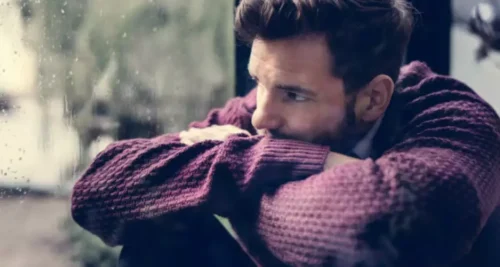
Anxiety and depression are more common among people with heavy drinking habits
- Alcohol slows down processes in your brain and central nervous system, and can initially make you feel less inhibited.7 In the short-term, you might feel more relaxed – but these effects wear off quickly.
- Other reasons for the uptick included boredom and availability of alcohol.
- Alcohol changes our body’s sleep schedule and stops the important REM sleep, which helps our minds and emotions recover.
- If you have depression and anxiety and want to drink alcohol, there are some considerations.
- Nearly one-third of people with major depression (or major depressive disorder) also have alcohol use disorder.
Individuals with alcohol use disorder may drink too much alcohol, too often. Alcohol use disorder and depression are two conditions that often occur together. What’s more, one can make the other worse in a cycle that’s pervasive and problematic if not addressed and treated. Treatment often includes an integrated approach to simultaneously address both alcohol use disorder and depression. Those who drink more regularly report positive experiences at higher rates. Pew Research Center conducted this analysis to understand Americans’ attitudes and behaviors around alcohol use.
- Other data also suggest a greater-than-chance association between panic disorder (and perhaps social phobia) and alcoholism (Cowley 1992; Cox et al. 1990; Kushner 1996).
- Be sure to spread those drinks out evenly over the week and have drink-free days in between.
- Read our review of the best online therapy options to find the right fit for you.
- More research is required before an adequate answer can be produced.
- It’s often a lifelong commitment, but one that can improve your life, health, and well-being in the long term.
- In this case, it is uncertain whether the longer term treatment of alcoholism requires additional aggressive therapies aimed at treating underlying depressive or anxiety disorders.
New Research Pinpoints the Ways Depression Could Affect Physical Health as You Age
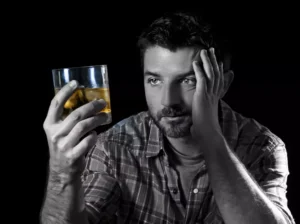
But depression and anxiety sometimes go together – feeling anxious and worrying constantly can make you feel low. However, drinking alcohol to improve your mood can still put you at risk for developing AUD. Over alcohol rehab time, you may build up more tolerance to alcohol and need increasing amounts to feel relief from depression. While this can feel good for a short time, this effect doesn’t last for long.
A recent review revealed similar results from other studies (Schuckit and Hesselbrock 1994). Similarly, in a study by Kammeier and colleagues,1 there was little evidence that preexisting psychiatric symptoms measured by a standard personality test predicted later alcoholism. Also, an 18-year followup of 80 children who had experienced severe depressive episodes earlier in life revealed no evidence of an increased risk for alcoholism during the followup period (Harrington et al. 1990). It is possible, however, that some of these studies might have excluded subjects with more severe anxiety or depressive disorders from the original samples, and consequently more work in this area is required (Kushner 1996).
Archive
Recent Tweets
Calendar
| M | T | W | T | F | S | S |
|---|---|---|---|---|---|---|
| 1 | 2 | 3 | 4 | 5 | 6 | 7 |
| 8 | 9 | 10 | 11 | 12 | 13 | 14 |
| 15 | 16 | 17 | 18 | 19 | 20 | 21 |
| 22 | 23 | 24 | 25 | 26 | 27 | 28 |
| 29 | 30 | |||||
